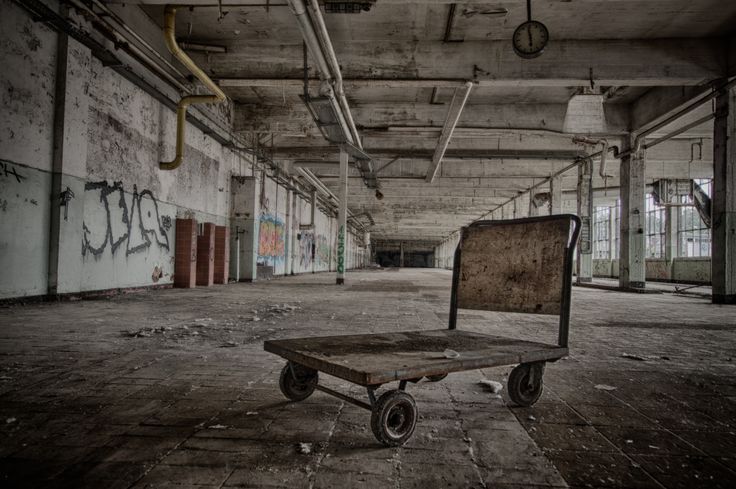Cannabis, both medicinal and recreational, has been a topic of increasing discussion in Vienna, the capital of Austria. Although the country has historically held a conservative stance towards cannabis, recent shifts in global attitudes and local advocacy efforts are beginning to spark conversations about the future of cannabis in Austria. In Vienna, these conversations are particularly prominent due to the city’s progressive culture, growing interest in alternative medicine, and vibrant youth population.
Legal Status of Cannabis in Austria
Currently, cannabis remains illegal for recreational use in Austria. Possession, cultivation, and distribution of cannabis are considered criminal offenses, though there have been some notable changes in the law over the past decade. The Austrian Narcotic Substances Act prohibits the use and sale of cannabis, but there are exceptions for medicinal purposes and certain amounts for personal use.
In 2008, Austria introduced a distinction between possession for personal use and intent to distribute. Possession of small amounts for personal use is generally treated as a lesser offense, often resulting in fines or suspended sentences rather than imprisonment. This relaxation of penalties has made Vienna a bit more lenient, but the exact definitions of “small amounts” and “personal use” remain ambiguous and subject to law enforcement interpretation.
Medicinal Cannabis in Vienna
One of the most significant developments in Austria’s cannabis landscape has been the legalization of cannabis for medical use. Since 2008, doctors in Vienna have been allowed to prescribe cannabis-based medications, though the substance itself is not grown or processed in Austria. Medicinal cannabis is imported and tightly controlled, available only by prescription for patients suffering from specific conditions such as chronic pain, multiple sclerosis, and chemotherapy-induced nausea.
While medical cannabis is legal, it is still relatively difficult to obtain in Vienna. Only a handful of doctors are licensed to prescribe it, and the cost of these medications is often high. However, public sentiment seems to be shifting towards greater acceptance of medicinal cannabis, with increasing numbers of patients advocating for easier access and a broader range of conditions for which cannabis can be prescribed.
Cannabis Culture in Vienna
Despite the restrictive legal framework, cannabis culture has quietly thrived in Vienna. The city’s alternative and artistic subcultures often embrace cannabis as part of a broader lifestyle that includes holistic health, mindfulness, and countercultural values. Events such as the annual Global Marijuana March have gained traction, where advocates gather to promote the decriminalization of cannabis and push for legislative changes.
Cannabis shops, known locally as “Hanfläden,” have also become more visible in Vienna. While these shops cannot legally sell products containing THC (the psychoactive component of cannabis), they can offer CBD products, which are widely available in oils, creams, and even food supplements. CBD, a non-psychoactive compound found in cannabis, has gained popularity for its potential health benefits, such as reducing anxiety, alleviating pain, and improving sleep quality.
Many of these shops also serve as hubs for cannabis enthusiasts to share knowledge, discuss recent political developments, and explore ways to incorporate cannabis into wellness routines. The rise of these CBD shops indicates a growing demand for cannabis-related products, and reflects a broader trend towards normalization, even if full legalization has yet to be realized.
Public Opinion and Potential Reforms
The attitude toward cannabis in Vienna is slowly changing, particularly among younger generations. A 2019 survey found that more than half of Austrians between the ages of 16 and 30 support the legalization of cannabis for recreational use, reflecting a shift in public opinion that mirrors trends in many other European countries.
Several political parties have begun to advocate for reforming Austria’s cannabis laws, including the Green Party and the liberal NEOS party. Their proposals include decriminalizing possession for personal use, legalizing and regulating recreational cannabis, and expanding access to medical cannabis. However, the political landscape is still cautious, and many conservative factions remain resistant to any major legislative changes.
The conversation around cannabis in Vienna is also influenced by developments in neighboring countries. Germany, in particular, is moving toward legalizing cannabis for recreational use, and its proximity to Austria may further pressure the Austrian government to consider more progressive cannabis policies. The potential economic benefits of a regulated cannabis market, including tax revenue and job creation, have not gone unnoticed by Austrian lawmakers.
The Road Ahead
Vienna’s cannabis future remains uncertain, but momentum is growing. As the city continues to embrace progressive causes and alternative lifestyles, it is likely that cannabis reform will remain a key issue for many residents. The combination of public support, increasing visibility of CBD products, and international trends towards legalization may push Austria to reconsider its strict cannabis laws.
For now, however, Vienna remains in a state of limbo—where cannabis use is present and widely accepted within certain circles, but still tightly controlled by law. Whether through medicinal access or eventual recreational legalization, the conversation around cannabis in Vienna is evolving, with the potential for significant change on the horizon.
As advocates continue to push for reform and public sentiment grows in favor of legalization, the city may one day find itself at the forefront of cannabis reform in Europe.





